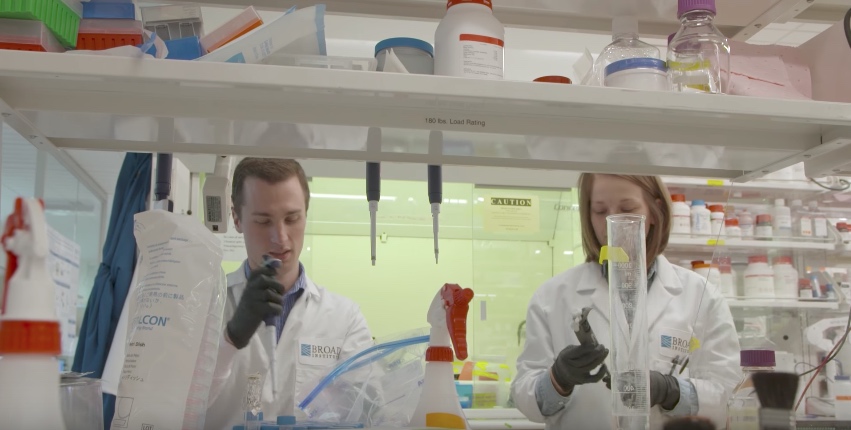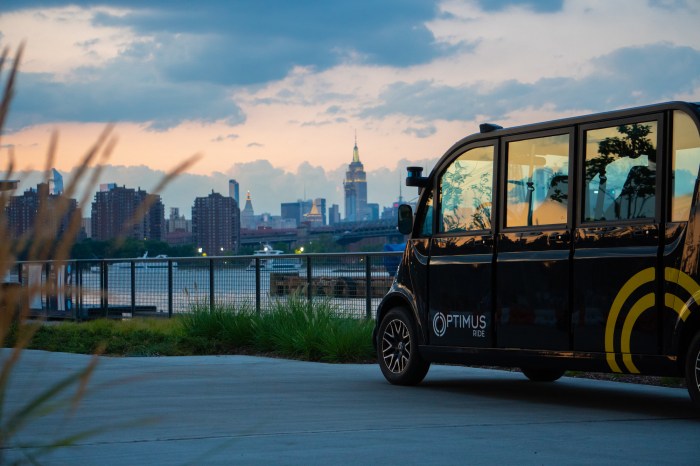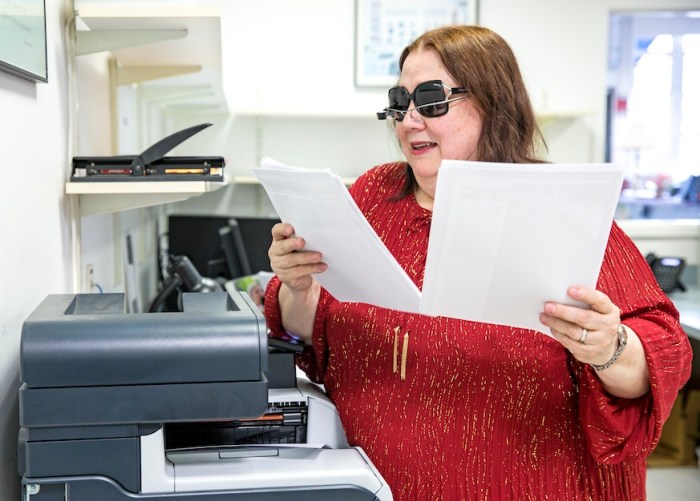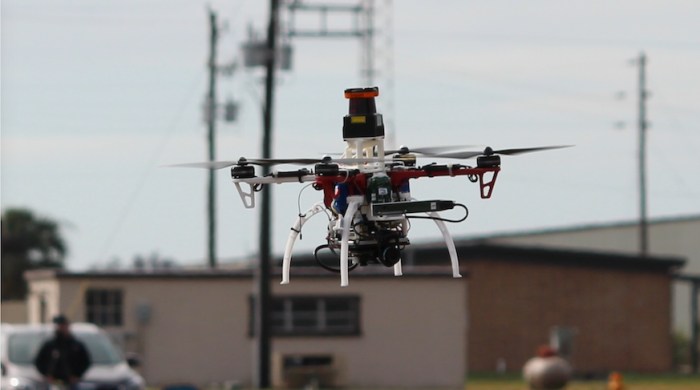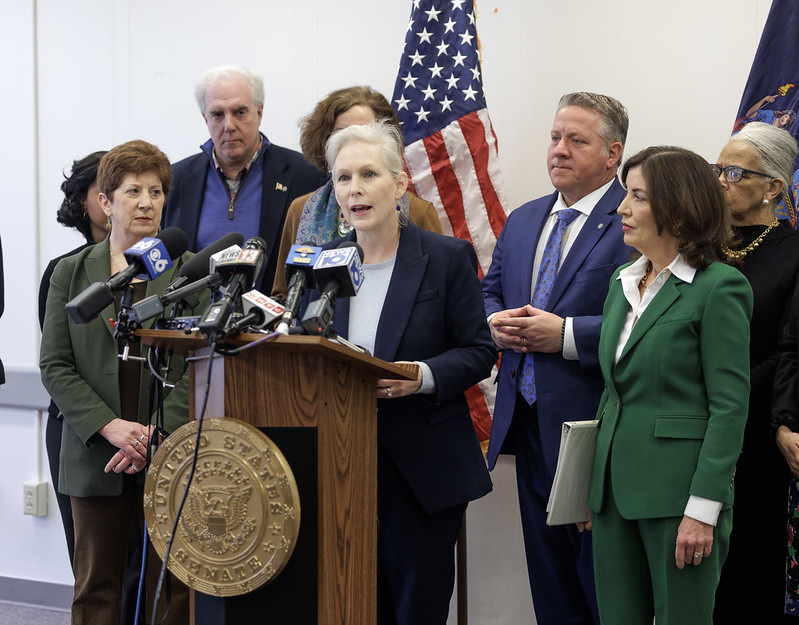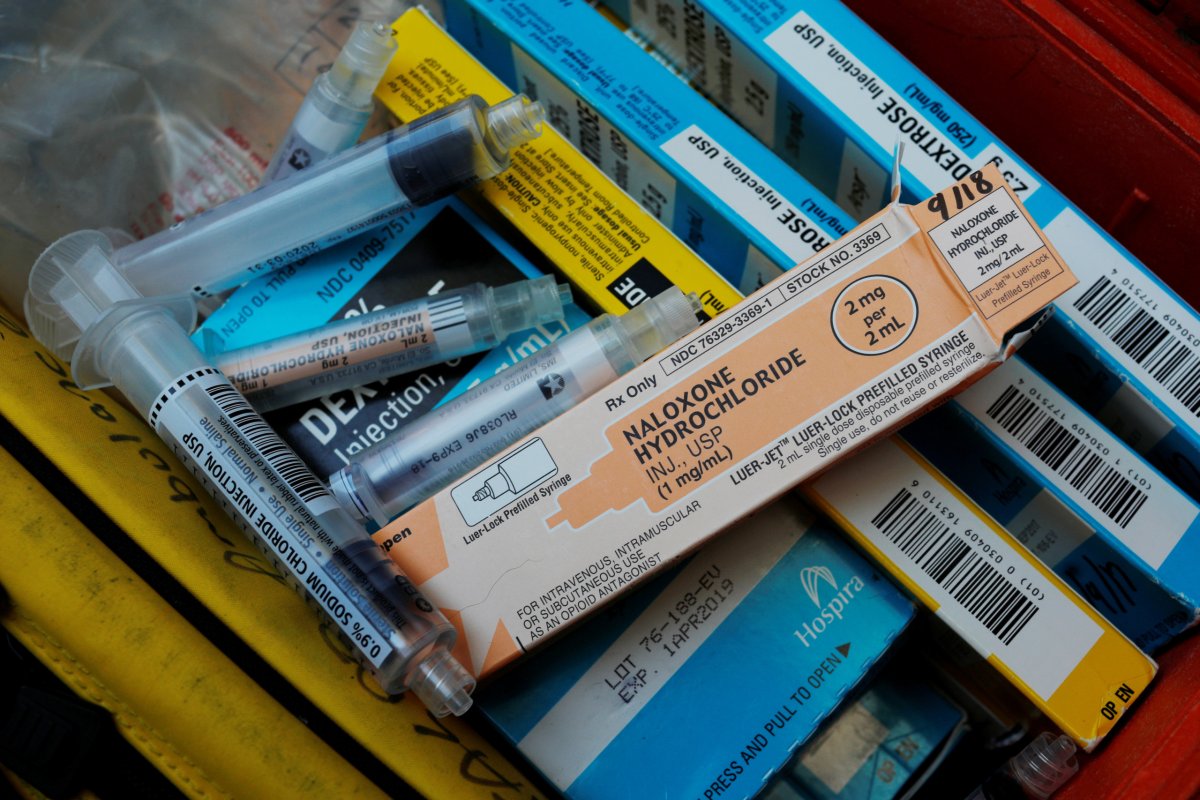Though you may be wary of bacteria, those microorganisms are an unavoidable and necessary part of our health. But scientists still don’t know a lot about how all the different kinds of bacteria affect us.
To learn more about this, scientists are embarking on a study to map the entire human microbiome — basically, all of the bacteria that live in and on our bodies — but to do so, they need your help.
“If you just go by cell numbers, we have about the same number of bacterial cells in our body as human cells,” said Hera Vlamakis, group leader for microbiome projects at the Broad Institute of MIT and Harvard, a biomedical research center.
Scientists at the Broad Institute as well as Massachusetts General Hospital, the University of California San Diego and the Simons Foundation’s Flatiron Institute have partnered with IBM for the “Microbiome Immunity Project,” which experts are saying is the largest study to date of bacteria in the human microbiome.
Basically, the project will map 3 million bacterial genes in the human body and compare each of those to human cells to see how they interact, if certain bacteria cause diseases or even if certain bacteria can alleviate diseases.
Luckily, much of this can be done through experiments run on computers. However, the processing power needed to run all these experiments is so enormous that even if all of the computers at the Broad Institute were used, the project wouldn’t be completed in “any sort of reasonable life span,” Vlamakis said.
That’s where you (and IBM) come in.
Through the tech company’s World Community Grid, anyone anywhere can offer up their personal computer’s power to help the project move along.
“It uses people’s computers when they’re not using them,” Vlamakis explained. “When you go to bed, if you leave your computer on, then — because it takes so much computational power to do these types of projects — we just use your computer’s power to perform each experiment that we do.”
These experiments are like trying to figure out a puzzle, Vlamakis said, by trying to “stick” together the proteins in the bacterial cells and those in the human cells in multiple different ways to see if they “fit.”
Once they see exactly how these cells fit together, scientists can go into the lab and manipulate the cells.
“If find that part of a bacterial protein is interacting with part of a human protein, we take that in lab and say, ‘What happens if get rid of this protein?’” Vlamakis said. “We can start to ask functional questions…[and figure out] how does it change the way our cells respond?”
The hope is that by finding a way to change a response within our cells, scientists can find better ways to diagnose autoimmune disease, develop new therapeutics for them or even find cures.
It could also lead to preventative care. Just as people check their risks for diseases by screening their genes, Vlamakis added, if we know there’s a bacterial contribution to a disease, doctors can also screen for the presence of that bacteria.
To Vlamakis, this project will undoubtedly lead to findings that can make a difference in treatments. She hopes anyone who can lend their computer knows they will be a part of that difference, too.

